Appreciating Your Cat’s Dietary Requirements in 2024
Promoting your cat’s health and well-being depends on knowing their dietary demands as we negotiate the always-changing terrain of pet care in 2024. Being obligate carnivores, cats’ diets have to mostly consist of meat. Pet owners may find it difficult to know what’s best for their feline friends, though, given improvements in pet nutrition and the growing range of cat foods accessible. This article will explore the important elements of cat nutrition, with particular attention to the main components of a balanced diet, how to read pet food labels, and the need for a customized diet.
Important Ingredients for Nutrition
To flourish, cats need a certain balance of minerals, proteins, lipids, carbs, vitamins, and minerals. Pet nutritionists underline in 2024 the importance of every one of these elements.
Cats, being obligatory carnivores, require a lot of protein to sustain their general health, development, and upkeep. Essential amino acids include taurine—which is necessary for heart function, eyesight, and reproduction—are found in protein. Check your cat’s food for premium animal-based proteins including chicken, turkey, or fish.
Healthy fats are absolutely essential for energy as well as for the absorption of fat-soluble vitamins (A, D, E, K). Maintaining a healthy coat and skin calls especially for omega-3 and omega-6 fatty acids. Many pet foods developed in 2024 include these important fatty acids to support best health.
Although cats do not need carbohydrates in their diet, modest quantities can be good. When sourced from premium sources like sweet potatoes or peas, carbohydrates can be a source of energy and help with digestion. Steer clear of items heavy in fillers or poor-quality grains, though.
Vitamins and minerals: Your cat’s immune system, bone health, and general well-being depend critically on some essential vitamins and minerals. Make sure your cat’s food calls for suitable levels of calcium, phosphorous, potassium, and important vitamins. Although a balanced commercial cat food usually has the required minerals and vitamins, if you are considering a homemade diet see a veterinarian.
Understanding Pet Food Labels
Understanding pet food labels will enable pet owners in 2024 more than ever to make informed selections regarding their cat diet. Choose cat food with consideration for the following factors:
With the main ingredient mentioned first, ingredients are arranged in weight-based sequence. Rather than using generic words like “meat by-products,” look for identified sources of protein (e.g., chicken, lamb) first ingredient.
Information on the minimum percentages of protein and fat and the maximum percentages of fiber and moisture in the food is given in this part guaranteed analysis. Based on their life stage, activity level, and health condition, choose a meal that satisfies your cat’s particular dietary requirements.
The Nutritional Adequacy Statement shows if food satisfies the Association of American Feed Control Officials (AAFCO) dietary guidelines. Whether your cat is a kitten, adult, or senior, be sure the food is designed for their life stage.
Dietary Requirements Specific to Specialty
Health issues or sensitivity could cause certain cats to have particular dietary requirements. Veterinarians are realizing more and more in 2024 the need of customized diet for controlling conditions including kidney disease, allergies, or obesity. See your veterinarian to find the ideal food for your cat’s particular requirements should they have a specific health issue. They might suggest tailored formulas or prescription diets meeting such criteria.
Stage Nutrition in Life
From kittens to the elderly, cats have diverse dietary needs depending on their stage of life. Providing a suitable diet depends on an awareness of these requirements:
Kittens: To sustain their fast development and growth, growing kittens need more calories and proteins. Select premium kitten food enriched in vital minerals to guarantee they flourish during this vital period.
Adult cats vary in energy consumption depending on their degree of activity. While some may call for a high-protein diet, others might find weight control formulations useful in avoiding obesity. Many cat owners are selecting life-stage-specific feeds in 2024 to meet the particular requirements of their kitties.
Senior cats: The dietary needs of aging cats vary. Lower calories, additional fiber for digestive health, and higher amounts of nutrients to help aging joints and cognitive function abound in senior cat meals. Search for foods designed especially for elderly cats to promote their general health and help them stay at a reasonable weight.
Water Intake and hydration
One sometimes disregarded component of a cat diet is hydration. Cat owners should be aware in 2024 that particularly if they mostly feed dry food, animals may not drink enough water. Daily fresh, clean water should encourage hydration; however, given wet food has more moisture content, you might want to think about including it into their diet. Drinking from pet fountains is another thing that cats love and may inspire them to sip more water.
Changing to Different Foods
Should you choose to alter your cat’s food, you must do so gradually. Unexpected changes can cause stomach trouble. Experts advise moving your cat to new food over a week or two in 2024 by progressively combining rising quantities of the new food with their current diet. During this transition phase, keep an eye on your cat for any digestive problems such vomiting or diarrhea.
Visiting Your Veterinarian
At last, pet owners should start a relationship with their physician about the diet of their cat in 2024. Regular visits let your veterinarian evaluate your cat’s weight and health and offer customized nutritional suggestions depending on its particular needs. If you have issues regarding food alternatives, portion sizes, or particular dietary concerns, do not hesitate to ask for guidance.
Conclusion
The general health and lifetime of your cat depend on knowing their nutritional demands in 2024. You can guarantee your cat gets the finest nutrition by concentrating on the correct mix of nutrients, closely reading pet food labels, and realizing their particular demands at various phases of life. Further improving your cat’s health and well-being include hydration, customized meals for unique needs, and routine veterinarian visits. Your feline friend can lead a content, healthy life for years to come with the correct information and care.
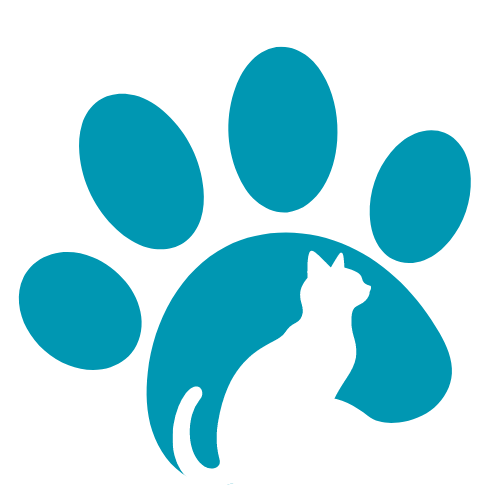
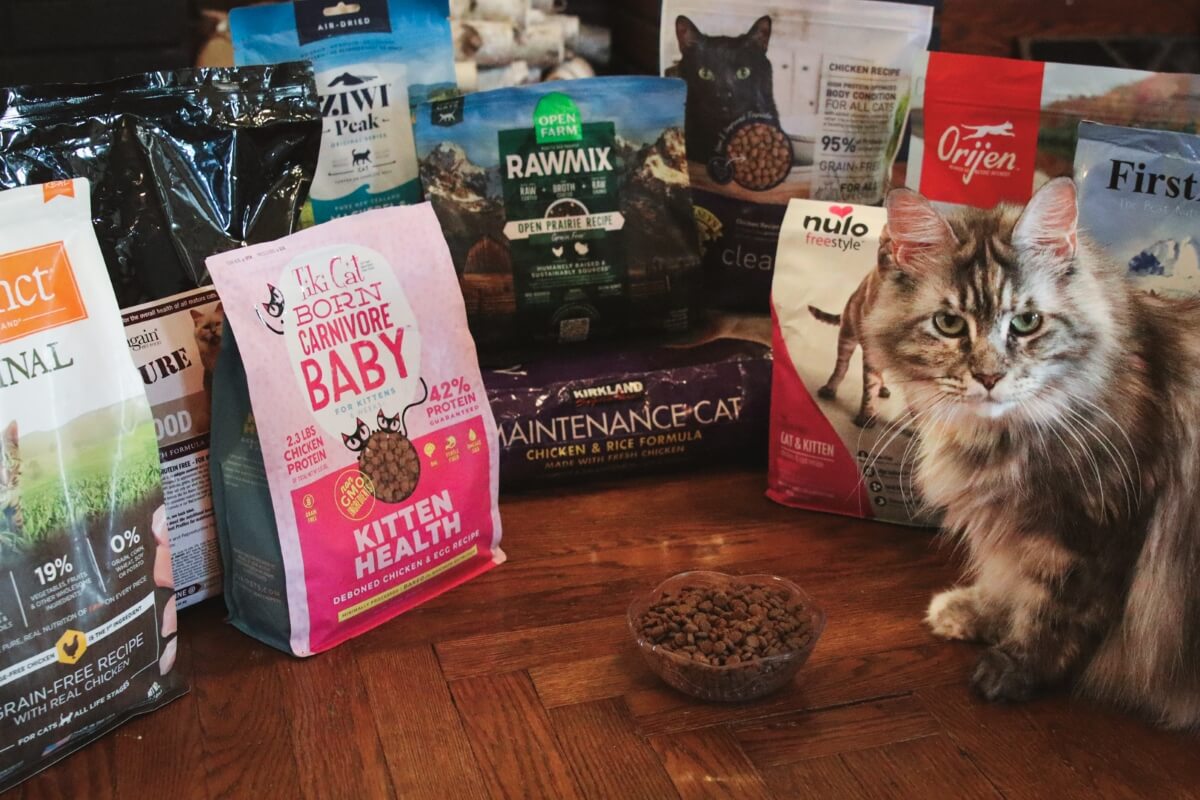
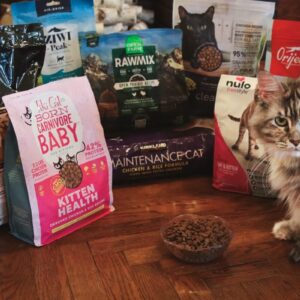
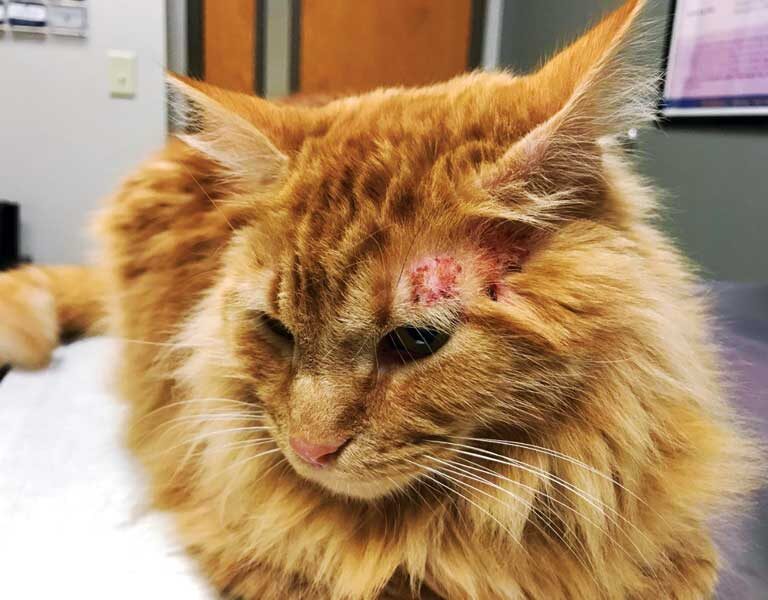

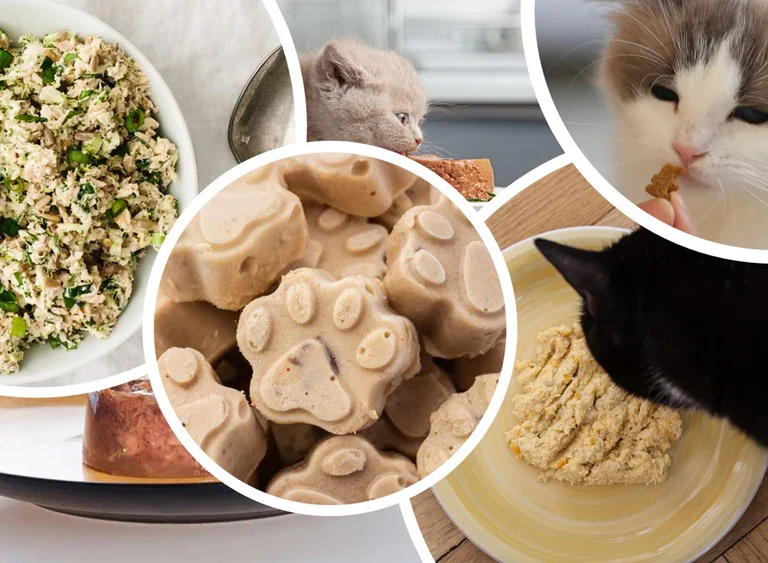
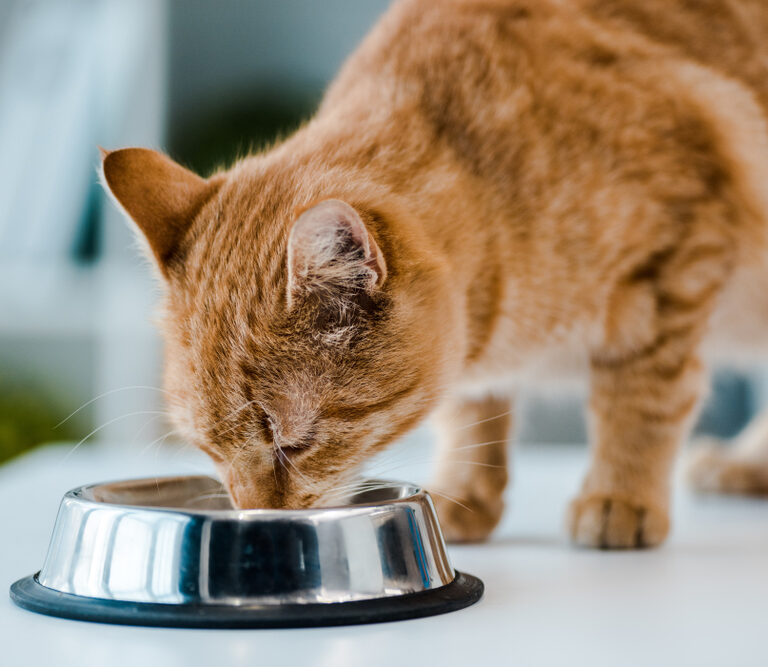
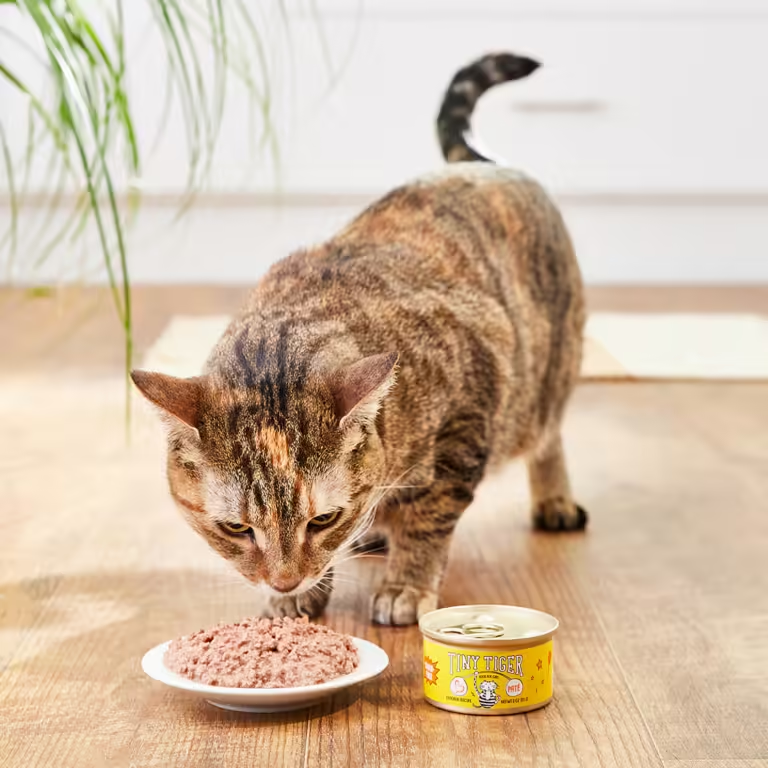
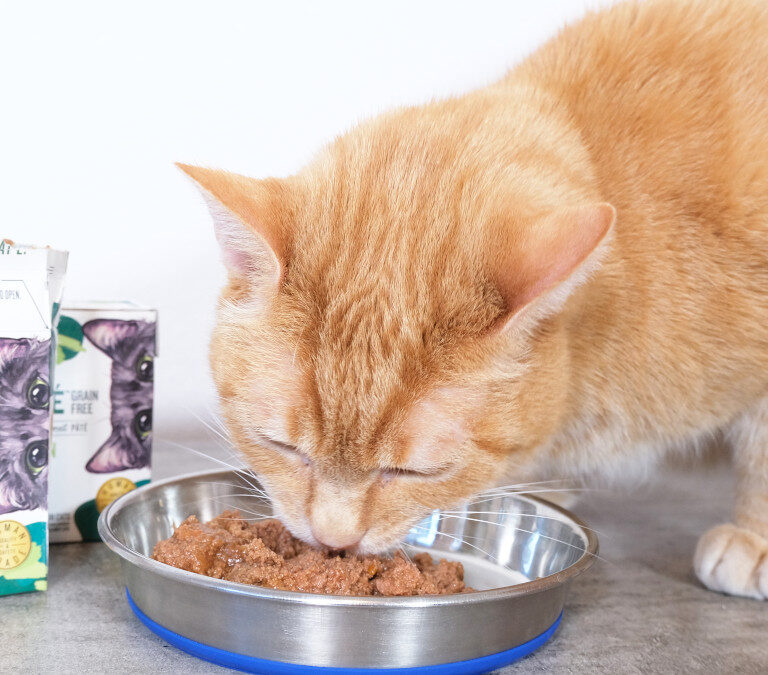
Thank you for writing this post. I like the subject too.